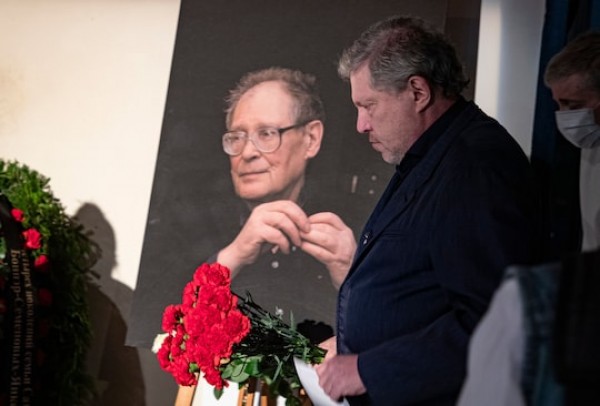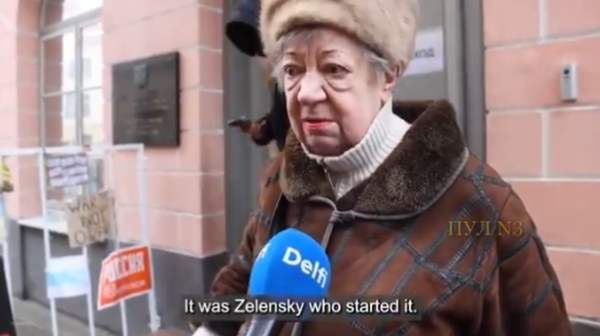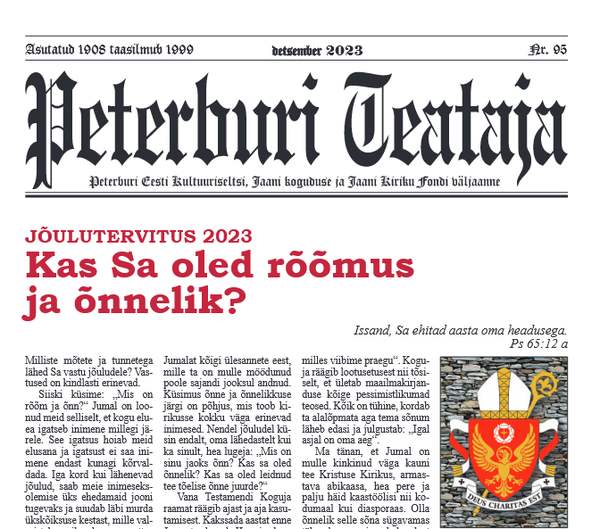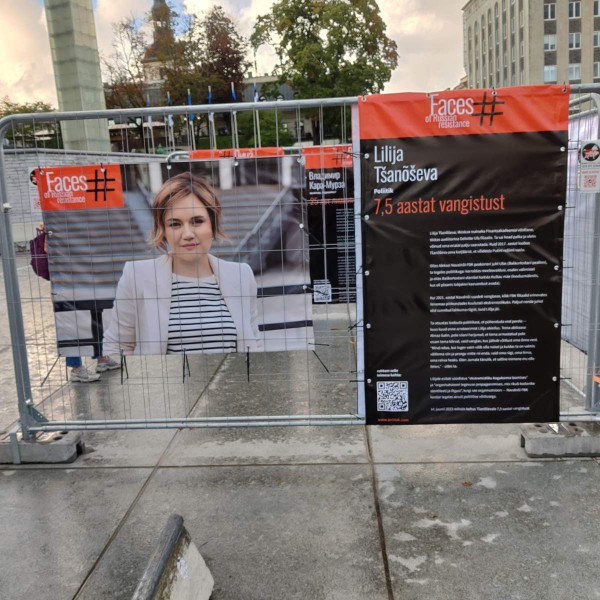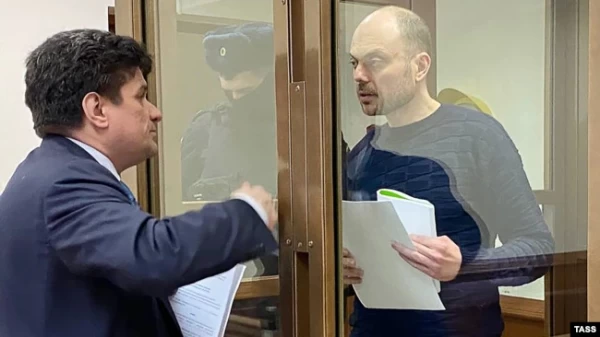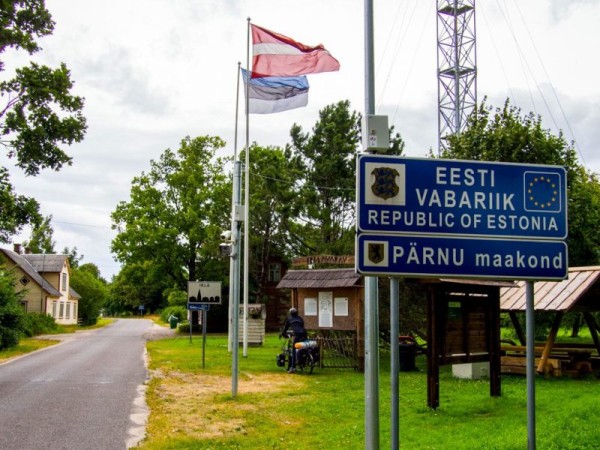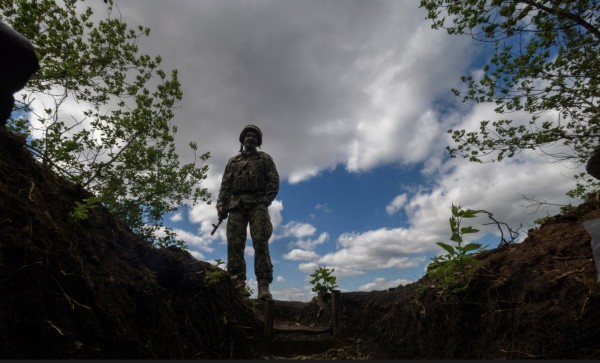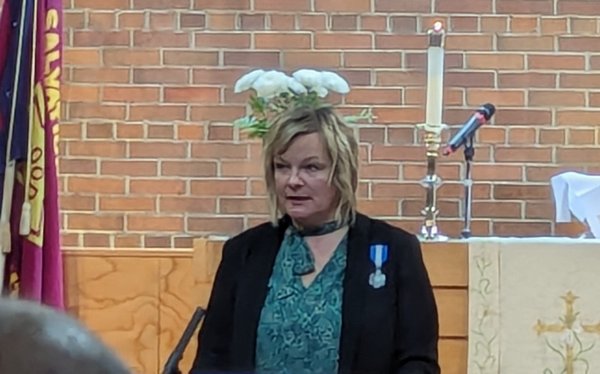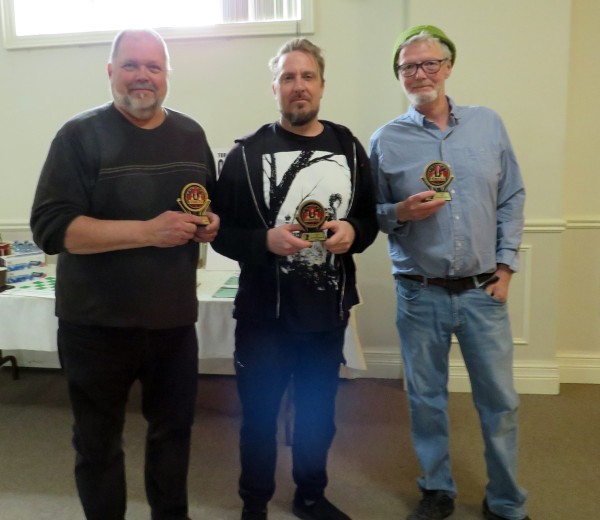MOSCOW — “Our opposition was not political; it was moral incompatibility with the regime,” Sergei Kovalev, a leading figure in the Soviet dissident movement, explained in an interview for a documentary I made in the early 2000s. “At some point you realize that it is shameful to remain silent.”
Last week, Kovalev died in his sleep at the age of 91. His funeral on Friday was attended by thousands of Muscovites who filed past his casket at the Sakharov Center, an institution named for his friend and mentor, Andrei Sakharov, and designated by Vladimir Putin’s government as a “foreign agent.” Several Western countries sent their diplomats to pay respects. No Russian government official attended.
Perhaps it was better this way. I doubt Kovalev would have appreciated hypocritical gestures of condolence from a regime led by a KGB officer who has brought back many of the authoritarian practices Kovalev spent his life fighting.
Like many in the Soviet dissident movement, Kovalev joined the human rights struggle from the academic world. A successful biophysicist and head of a laboratory section at Moscow State University, he had a PhD and more than 60 research papers to his name. But he could not remain silent in the face of a resurgent totalitarianism of the Brezhnev era that saw both domestic repression and aggressive posturing abroad. For Kovalev, the defining moments were the show trial of writers Andrei Sinyavsky and Yuli Daniel and the Soviet invasion of Czechoslovakia, both in the second half of the 1960s.
His activism brought his scientific career to an end, of course. From then on, Kovalev dedicated his life to documenting, publicizing and confronting abuses committed by his government against his fellow citizens. A founding member of the Initiative Group for the Defense of Human Rights in the USSR — the first human rights group in the country — and the Moscow chapter of Amnesty International, Kovalev served as the editor of the Chronicle of Current Events, the samizdat news bulletin that reported on human rights violations throughout the Soviet Union.
During Kovalev’s subsequent trial on charges of “anti-Soviet agitation,” the KGB tried to prove the slanderous nature of the Chronicle’s reporting — but ended up confirming its accuracy. Not that it changed the outcome: Kovalev was sentenced to seven years of imprisonment followed by three years in internal exile. His trial was held behind closed doors with a preselected “audience.” Sakharov tried, unsuccessfully, to enter the courtroom and ended up standing outside the door throughout the trial. At the very same time, in Oslo, Sakharov’s wife, Elena Bonner, was accepting his Nobel Peace Prize, which he dedicated to “all prisoners of conscience in the Soviet Union and in other Eastern European countries” — including Kovalev, whom he mentioned by name.
The collapse of communist regimes in Eastern Europe saw many former dissidents go into politics to help steer their countries toward democracy. Poland’s Lech Walesa and Czechoslovakia’s Vaclav Havel were only the best-known examples.
In Russia, to its chagrin, this was more the exception than the norm — but Sergei Kovalev was among those exceptions. Four times he was elected to the Russian parliament. He was also Russia’s first human rights ombudsman, co-wrote the human rights clauses in the constitution and served as Russia’s representative on the U.N. Human Rights Commission and the Parliamentary Assembly of the Council of Europe.
Throughout it all, he stayed true to the principles that had defined his dissident period. He sought to make politics moral and never compromised his conscience. With the start of Russia’s military campaign in Chechnya, he tried to use his position to prevent bloodshed — including by personally leading negotiations that saved the lives of more than 1,500 hostages during a terrorist siege in the summer of 1995. But while President Boris Yeltsin had genuine respect for Kovalev, he chose advice from elsewhere. When it became clear that the war would not stop, Kovalev resigned his official positions and sent Yeltsin a sharply worded open letter. The president responded personally, thanking Kovalev for his service and expressing sympathy for his motivation. This was a different Russia.
Kovalev spent the last part of his life as he did the first: in opposition to a regime increasingly intolerant of domestic dissent and increasingly aggressive toward others. While Russia still had a real parliament, Kovalev remained a member — voting against Putin’s confirmation as prime minister in 1999 and warning of a coming “authoritarian police state led by … the well-preserved Soviet security services” in early 2000. That was a time when many in Russia and in the West were still harboring illusions about Putin. When legal opposition politics became all but impossible, Kovalev returned to being what he knew best, a dissident. His last public appearance, earlier this year, was at a virtual event commemorating Sakharov’s centennial.
Kovalev described himself as an idealist — an indispensable quality in a seemingly hopeless struggle against a ruthless authoritarian system. The main lesson from Kovalev and his fellow dissidents was that one can choose not to remain silent even in the most difficult circumstances. And that, in the end, the struggle might not be as hopeless as it seems.
https://www.washingtonpost.com...
Remembering Sergei Kovalev, a giant of human rights - WP
Eestlased Venemaal | 18 Aug 2021 | Vladimir Kara-MurzaEWR
Eestlased Venemaal
TRENDING






